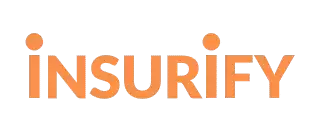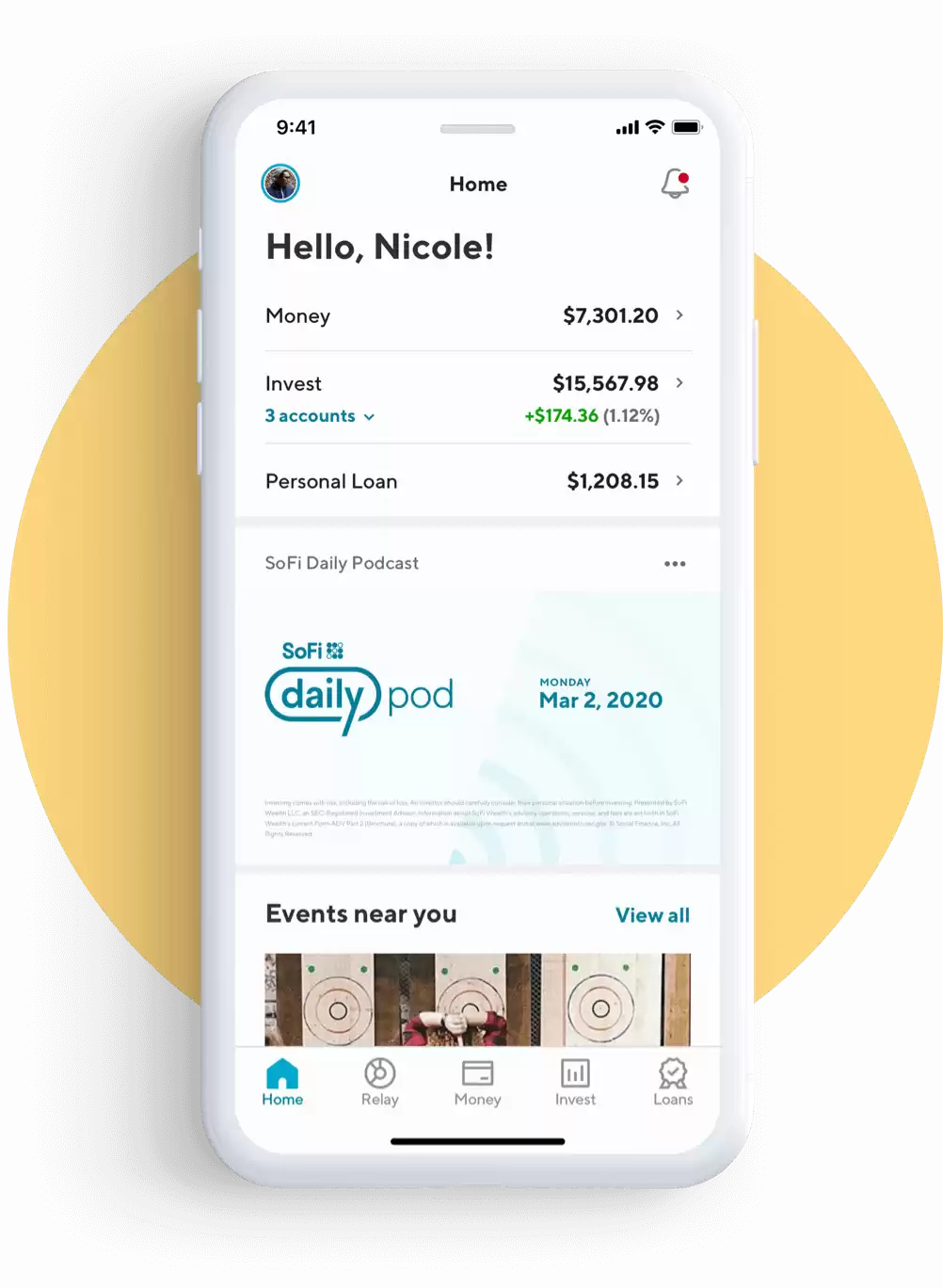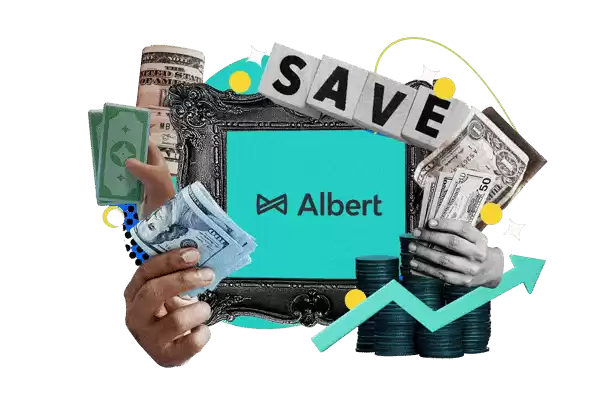Back in college, I would always procrastinate when it came to financial tasks. I’d find some reason or another to put off anything to do with money for another day. After a while, though, being in that perpetual “broke college student” phase was much too stressful.
So one night I sat down and consciously decided to build upon my money management and budgeting, as well as made the decision to implement various ways to save in my everyday life.
Much to my surprise, I found money management and budgeting was actually very fulfilling, and it soon became a habit I didn’t have to even think about. After a sufficient amount of research, I learned about many saving hacks, that were (and still are) relevant to my millennial lifestyle. I think you’ll find this basic advice extremely useful and surprisingly easy to implement.
Money Management for Beginners
1. Make a Budget

Budgeting is the key to keeping track of your money. It allows you to always know where your money is going, and avoid those dreadful moments or swiping your debit card only to find you have a less-than-adequate bank balance.
The very first step in making a budget is to monitor your spending. Assigning arbitrary numbers to create a budget is pointless, and ends up causing unnecessary confusion. To track your spending, take note of how much you spend in a given month, including everything from regular expenses such as groceries to more spontaneous spending.
You could an Excel spreadsheet or even free apps like Empower that automatically keep track of your expenses, should you link your account to it.
Take control of your finances with Empower's personal finance tools. Get access to wealth management services and free financial management tools.
Once you have determined your spending patterns, compare your expenses to your income, and note areas where you can cut down spending. Based on this, create a budget for every month with specific categories of expenses and try to stick to it.
It goes without saying: Your spending should be less than your income. Ideally, you should also have budgeted an amount (five to ten percent of your income is good to start with) to be put into your savings. Budgeting apps will even alert you if you exceed your monthly budget, as well as compliment you for meeting your monthly saving goals.
As you start out, your budgets will be very basic; with time, however, you will start adding categories and subcategories, and you will even start budgeting for long-term plans like retirement as your career grows (more on this later). Your number 1 step for better money management would be to set up a budget.
Related: The Best Budgeting Apps and Tools
2. Everyday Savings

If you don’t already have a savings account, now is the time to open one! Over time, the money in your savings account will accumulate and earn interest. As mentioned above, you should be saving a percentage of your monthly income.
This percentage can increase as your income increases. At any given point when you have money left over in your monthly budget over and above this portion, be sure to keep it in your savings account. This way, you’ll see more growth in your account over time, with your money accumulating interest.
For example, Logan Eldridge, Head of Client Happiness at Earnest states that one of seven ways to budget for happiness is saving for four things every month.
Each month, he contributes a portion of his income to these four things: home, retirement, education, and an emergency fund. This is a great practice since it keeps him covered in any situation. He states “I do the act of saving money every month even if the amount saved is different. It’s just become a habit.”
Related: These Apps Will Help You Save Money
3. Try These Savings and Budgeting Hacks

If you aren’t able to save at least $1,000 a month, then consider the easy saving hacks listed below to help you out.
Here’s a list of changes that I made to my daily routine that were very pocket-friendly, especially in the long run.
Cut the coffee runs
Make coffee at home rather than grabbing a cup to go at your corner Starbucks. In terms of numbers, saving on coffee every day can save you about $420 in one year!
Kiss the cook
Cooking at home is not only good for your budget but is so much healthier. Don’t order take out due to sheer laziness — to be honest, laziness and perceived inconveniences are the biggest hindrances to saving money. The internet has so much to offer in terms of cooking Once you get into the habit of it, you’ll find that cooking is very relaxing, and not as time-consuming as you thought.
Get paid to watch videos
The first thing you can do is sign up for InboxDollars which pays you, in cash, to watch fun videos & take surveys and they’ll also give you a $5 free bonus just to give it a try. By spending just 5-10 minutes per day on this (either on your lunch break or during TV commercial breaks) you can earn and save an extra $50/month. More people should be doing this!
InboxDollars offers a variety of ways to earn money online. You can take surveys, play games, surf the web, watch videos and more to earn points towards gift cards.
Power down
Even though it’s something we don’t always think about, turning off any switches and removing any plugged-in devices can sufficiently reduce your monthly electricity bill. Get into the habit of turning everything off anytime you leave the house or anytime you aren’t directly using power. Consider having candlelight dinners once a week — they make for a great date night, and the power savings will soon add up!
Save $1000’s By Refinancing Your Home
If you are a homeowner, then this one of the smartest things you can look into. If you own a home and have not yet taken advantage of historically low refinance rates, you probably are spending way more than you should be on your mortgage.
LoanDepot could help you refinance your mortgage at a significantly lower interest rate – Let’s say you can lower your rate by around 1%, on a $200K mortgage, can save you over $100/month and over $40,000 in total over the course of your 30-year loan!
Save on gas
Choose to go green by biking or walking whenever you can. Not only are you helping the environment, but you’ll be getting some exercise and saving on gas money. When you need to use your vehicle, be sure you’re practicing gas efficiency, and use gas apps like Upside to determine the lowest rate for gas. Trust me, the extra effort will pay off.
Are you always looking for cheap gas in your neighborhood — but end up going to the same place every time? You can find gas stations and other participating businesses near you that offer cash back with Upside.
Save 65% On Your Car Insurance By Comparing Rates
Yes, it may seem obvious but when was the last time you compared your car insurance rate? Most people just pay the monthly bill, whatever it may be but car insurance companies make all of their money off people who have been with them for the longest time. It’s true, and if you have a clean driving record… have your premiums stayed the same or even gone up over the past few years?
Try using Insurify which compares multiple car insurance rates in literally less than 3 minutes. More people should be using Insurify!
Whether you’re looking for auto, home, life, or renters insurance, Insurify can show you 10 or more quotes from top-ranked and regional companies within 2 minutes, and let you buy within 5 minutes or less!
Sign up for deals
I know it can be super annoying to get oodles of mail in your inbox with various deals and promotions. But sometimes, various discounts and specials are worth the clogged inboxes — especially on larger spends like holidays. A solution is to create a separate email address, solely to be used for signing up for special offers and other promotions. Check this inbox once a week, or if you know you’re going to be shopping/eating out at a particular place and skim through the offers to see if you have a relevant deal or coupon you can use. There is a ton of free food to be had.
Refinance Your Student Loans
If you are thinking about reducing costs, you should know about refinancing your student loans. The best in the student refinancing game is SoFi, it is a social lending company that provides rates as low as 1.9% variable with auto pay and 3.5% fixed with auto pay. You can save thousands simply by refinancing your student loan interest rates. They can offer lower rates than the rest because they analyze you based on merit, quality of employment, and education besides just a credit score and financials. There are zero origination and prepayment fees. Offer terms are from 5, 10, 15, 20 years in both fixed and variable. Both private and public student loans can be refinanced.
Besides low rates, one of their best features is their unemployment benefits. If you lose your job while repaying your loans, you don’t have to pay your loan for up to 12 months while you look for a new job! Interest will still accrue, but having this cash flow break is a huge benefit. They also provide job assistance guidance as well. You can refinance or apply for a new student loan here.
- APR: 2.24-7.24%
- Lowest rates on the market.
- Save thousands of dollars thanks to flexible terms and low fixed or variable rates.
- No application or origination fees. No pre-payment penalties.
- SoFi members get career coaching, financial advice, and more -all at no additional cost.
Manage Your Money Better
It’s important to keep track of your finances to build great wealth over time. Sign up with Empower for free, it is an online platform that aggregates all your financial accounts in one place so you can see where you can optimize. Before Empower, I used Mint to manage my finances however that was a waste of time.
Now, by using Empower, I can clearly see how my investments (401K, Roth IRA, Investment Accounts) are doing as well as my regular banking, credit cards, and also see how my net worth is progressing. I can also see how much I’m spending every month and that helps with money management and budgeting. There is no better financial tool online that has helped me more to achieve financial freedom. It only takes a minute to sign up.
Take control of your finances with Empower's personal finance tools. Get access to wealth management services and free financial management tools.
4. Keep the Future in Mind

It’s always good to keep the bigger picture in mind. Even as a millennial, it’s important to consider the future at some level, though it doesn’t have to be your top priority. First, on your list should be learning about taxes. The thought of filing taxes is daunting to most, yet it is something that must be done.
Being aware of what taxes you owe, and what rebates you are owed is a great aid in terms of budgeting and planning your finances in advance. More often than not, and especially as a young earner or someone that is self-employed, you will be able to claim some deductions and get some amount of money back after filing that can be added to your savings.
All in all, it’s a good habit to know how to file taxes independently; this habit will hold you in good stead in the long term, and save you from the potentially hefty fees that tax accountants charge.
Long-term planning also includes having a savings account, a retirement and pension plan, and long-term insurance. Only when I started working did I find out about various insurance plans and about free investing apps like Acorns. It’s very important to compare everything, from quotes on life insurance to credit card rewards and rates, before you make a decision on which provider to go with.
With Acorns, automatically invest spare change from everyday purchases in expert-built portfolios recommended for you, easily save for retirement, get paid early, and more. Start in under 5 minutes and get a $10 bonus today!
Obviously, there’s a lot of information to process when it comes to each of these things, but getting a head start on the long-term considerations will benefit you so much in the future. While you may not have to implement all this right away, it’s definitely good to be thinking about it and start researching.
Money Management and Budgeting Can Be Easy

I hope these tips shed some light on basic money management and budgeting. Even though it seems like a lot of information to digest in one go, remember to start slowly, one step at a time. Before you know it, you’ll be managing your personal finances like a boss!
What advice would you give to a beginner who wants to start budgeting and improving their money management skills?
- Get spotted up to $250 without fees
- Join 10+ million people using the finance super app
- Banking with instant discounts on gas, food delivery, groceries and more
- Start investing, saving, and budgeting for free














